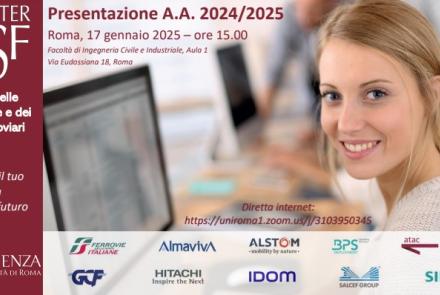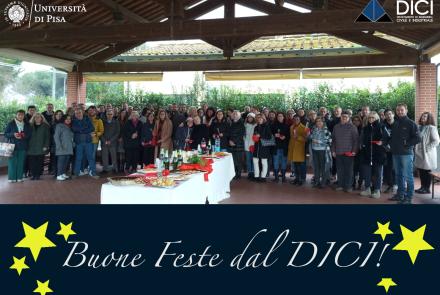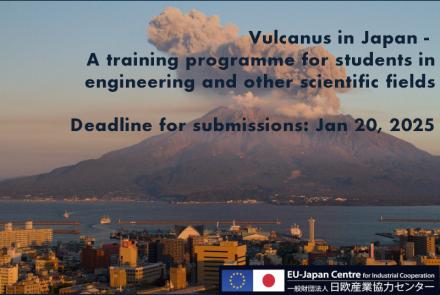OperaHPC
OPEn HPC theRmomechanical tools for the development of eAtf fuels
HORIZON-EURATOM-2021-NRT-01
DICI team leader: Rosa Lo Frano
Start Date: Nov 1 2022
End Date: Apr 30, 2027
Total cost € 4 515 551,70
project website: https://www.operahpc.eu/
Increasing further the safety of light water nuclear reactors in the new operating conditions induced by their integration in a more varied energy mix brings many new challenges for fuel development. This calls for effective and validated tools enabling one to capture the complexity of the behaviour of fuel elements under various operation conditions from nominal to design basis accident ones.. The objective of the OperaHPC proposal is to develop open tools using High Performance Computing (HPC) enabling a full 3D high-fidelity thermo-mechanical simulation of the fuel element including the material microstructure. This will contribute to the design of so-called fuel element digital twins. This development includes an ambitious basic research program devoted to the investigation of non-linear mechanical behaviour of irradiated fuel using multiscale experiments and simulations from the atomic scale up to the material law. This will yield the detailed description of the in-pile behaviour of the fuel element and the materials data necessary for the simulation.
The tools developed will be assessed against state-of-the-art 1D/3D fuel performance codes for verification, definition of boundary conditions and coupling with neutronic, thermochemical and thermohydraulic codes. Validation and uncertainty analyses will also be performed through the comparison of the results of the 3D simulations with the experimental data available from irradiation programs. The knowledge from these advanced simulations will be transferred to industrial fuel performance codes thanks to the application of new methods based on reduced order and meta models, including Artificial Intelligence. The HPC tools will finally be applied to the detailed evaluation of innovative fuel element concepts, including (enhanced) accident tolerant fuels, under transient conditions in several light water reactor designs.






